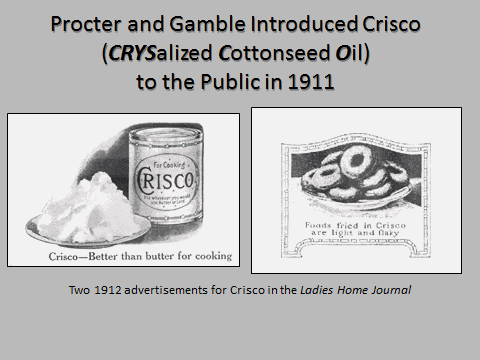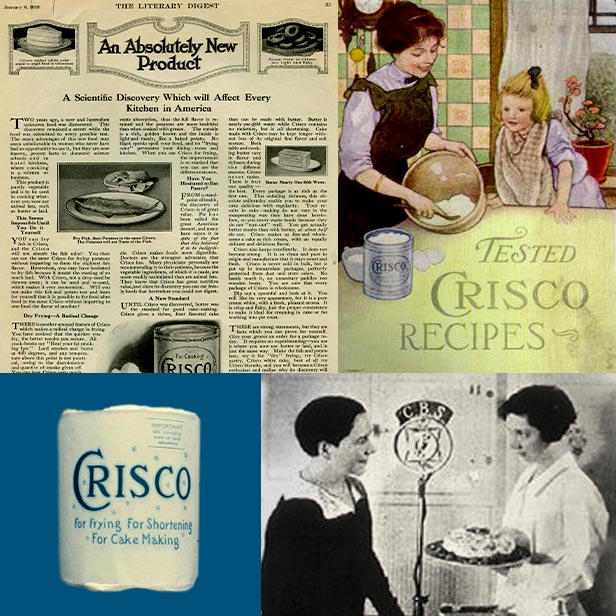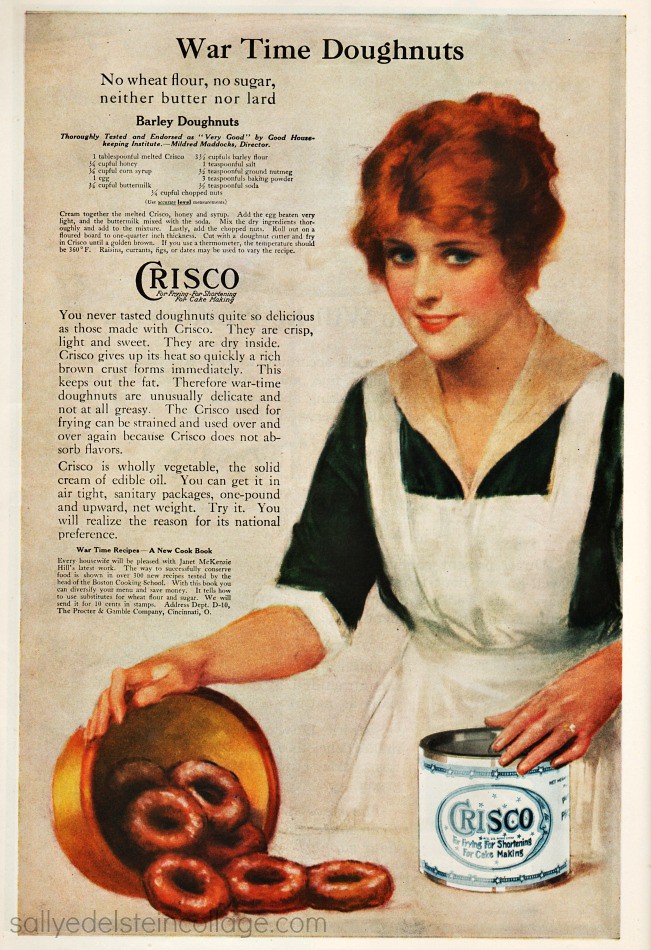In this day and age of acute health awareness there are many Commandments for the health conscious.
• Thou shalt not eat High Fructose Corn Syrup.
• Thou shalt steer clear of Trans Fats.
• Thou shalt pore over Food Labels and read the Fine Print.
• Thou shalt avoid Partially Hydrogenated Oil.
And so on and so forth.
So what is oil? Is it bad for you?
Oils are liquid fats usually derived by pressing nuts or seeds to extract the oil in them. Oils in themselves are not inherently bad. Especially if cold pressed and used in moderation.
So how does adding hydrogen transform oil into the bane of all processed foods?
Let’s understand what hydrogenation is and why it was invented a 100 years ago.
Hydrogenation converts liquid vegetable oils into solid or semi-solid fats. Without going into too much technicality, hydrogen gas is pumped to a liquid oil, in the presence of a catalyst, to create a solid fat.
Changing the degree of saturation of the fat changes some important physical properties, such as the melting range, oxidative stability and shelf life.
So why was hydrogenation invented?
- Oils — especially cheap oils that are a by product of other processes— tend to go rancid quickly with exposure to heat and light.
- In 1903, Procter and Gamble acquired the rights to two patented processes to hydrogenate cheaply available cottonseed oil, which ensures the fat remains solid at normal storage temperatures. Their initial intent was to completely harden oils for use as raw material for making soap.
- But P&G hit pay dirt when they realised that solid or semi-solid fats are preferred for baking because the way the fat mixes with flour produces a more desirable texture in the baked product.
- After rejecting the names “Krispo” and “Cryst” (the latter for obvious religious connotations), the product was eventually called Crisco, a modification of the phrase “crystallized cottonseed oil”.

- Further success came from the marketing technique of giving away free cookbooks in which every recipe called for Crisco.

Brilliant marketing, no doubt! Because partially hydrogenated vegetable oils are cheaper than animal fats, are available in a wide range of consistencies, and have other desirable characteristics (such as a longer shelf life), they are the predominant fats used as shortening in most commercial baked goods.

But would you bake for your family with a hydrogenated fat? What are your thoughts?

